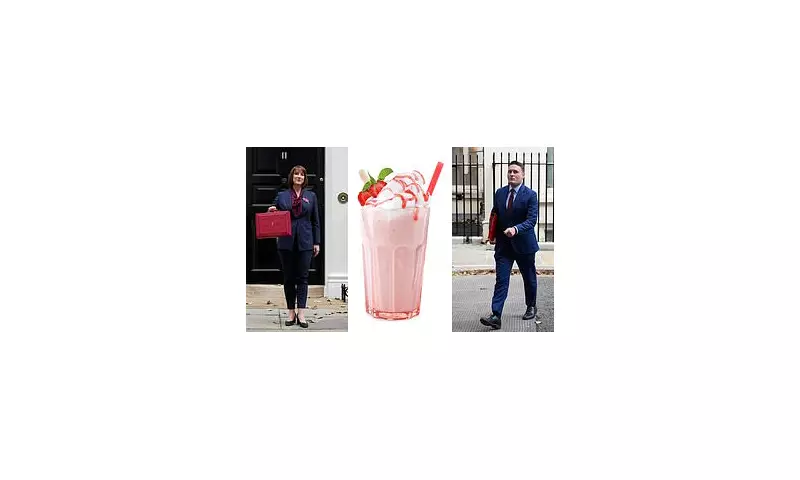
Lovers of pre-packaged milkshakes and lattes are facing higher prices as the Labour government announces a significant extension of the existing 'sugar tax'. Health Secretary Wes Streeting is set to confirm that the long-standing exemption for milk-based drinks will be scrapped.
The policy is being promoted as a major step in the fight against obesity, a primary driver of ill health in the UK. However, it also presents a lucrative financial opportunity for the Treasury, with estimates suggesting it could generate up to £100 million a year. This revenue will be a welcome boost for Chancellor Rachel Reeves as she prepares to address a substantial gap in public finances in the upcoming Budget.
What the New Milkshake Tax Means
The change will specifically target pre-packaged milkshakes and coffees found on supermarket shelves. Crucially, it will not apply to drinks made fresh in cafes, coffee shops, or restaurants. The move follows a government consultation that explored removing the exemption for milk-based drinks while introducing a 'lactose allowance' to account for the natural sugars found in milk.
Ministers have also considered ending the exemption for milk substitute drinks, such as those made from oats or almonds, which contain 'added sugars' beyond what is derived from the core ingredient.
Currently, the Soft Drinks Industry Levy, introduced in April 2018, charges companies a minimum of 18p per litre on soft drinks with 5g or more of sugar per 100ml. Under the new plans, this threshold could be lowered to just 4g of sugar per 100ml. This stricter standard is expected to come into effect in April 2027.
Public Health and Financial Implications
The original aim of the sugar tax was to pressure manufacturers to reformulate their products, reducing sugar content or portion sizes. The Treasury reports that this strategy has been successful, leading to a 46% average reduction in sugar between 2015 and 2020 for drinks targeted by the levy.
Speaking on Times Radio, Health Minister Karin Smyth emphasised the health rationale behind the policy. She stated that 'obesity is the major challenge of our health service for this generation'.
When questioned on whether tackling obesity was a higher priority than raising revenue, she indicated that specific tax measures would be detailed in the Budget. However, she stressed that 'the wider point is about tackling obesity, which we know is one of the biggest causes of ill health, and therefore demand on the health service'.
She further elaborated on the government's broader strategy, mentioning manifesto commitments to reduce junk food advertising, particularly to protect young people. 'If you become obese at a young age, it does limit your life chances,' she added, underscoring the goal of creating the healthiest generation of children.





